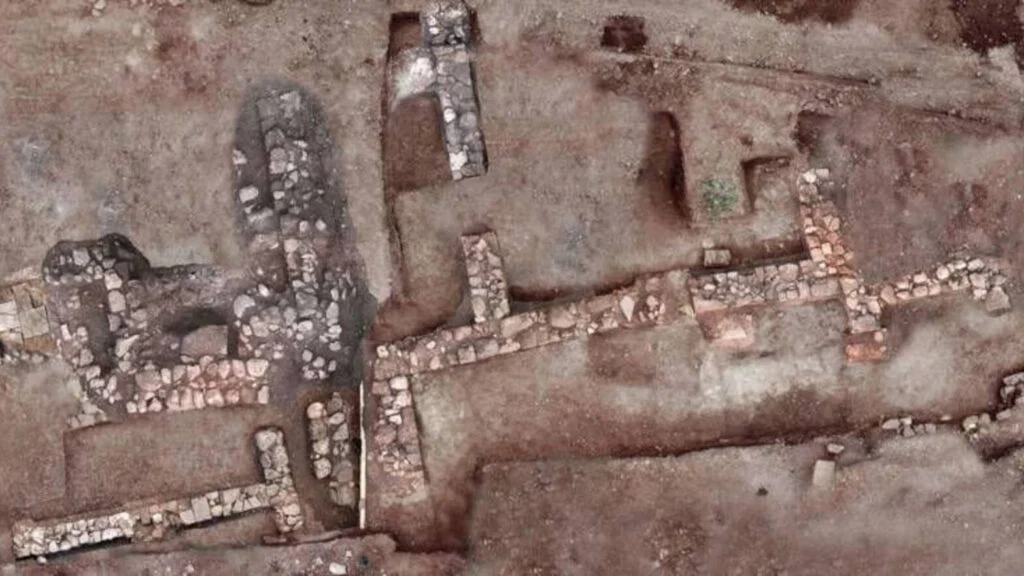After decades of speculation and extensive excavations, archaeologists have finally uncovered the first concrete evidence of Tenea—a city long believed to exist only in Greek mythology. This groundbreaking discovery confirms that Tenea was more than just a legend; it was a thriving settlement with a rich history that dates back over three millennia.
A Myth Becomes Reality
According to ancient Greek texts, Tenea was founded by Trojan prisoners of war following their defeat by Odysseus, the king of Ithaca. The city’s existence has been the subject of debate for centuries, with no physical evidence to support its legendary origins—until now.
Leading the excavation is archaeologist Elena Korka, head of Greece’s Office for Supervision of Antiquaries and Private Archaeological Collections. After more than 30 years of dedicated research, Korka and her team have unearthed compelling proof of the city’s existence near the village of Chiliomodi in southern Greece.
Unearthing Tenea: The Key Discoveries
The excavation revealed an extensive residential area spanning over 670 meters (733 yards). Among the most significant finds were:
Well-preserved marble, stone, and clay floors
Structural beams and small columns
Storage spaces filled with ceramic jugs
The tombs of two infants, indicating long-term settlement
Earlier discoveries in the region had hinted at the city’s presence, but these recent findings confirm that Tenea was not only real but also a flourishing center of civilization.
A Journey Decades in the Making
Korka’s fascination with Tenea began in 1984 when she uncovered a sarcophagus near Chiliomodi. This initial find fueled her determination to return and continue excavating.
“After I uncovered the sarcophagus, I knew I had to go back for more,” Korka explained.
Nearly three decades later, in 2013, she resumed excavations with her original team. The breakthrough came in September 2018, when they discovered an ancient road leading to a burial site containing the remains of two men, five women, and two children—one of whom was buried alongside a woman, likely its mother.
Following the road north, archaeologists uncovered the first undeniable traces of Tenea itself. The presence of clay pipes suggests that the city was well-planned and developed, indicating a sophisticated and long-lasting settlement.
The Rise and Fall of Tenea
Korka theorizes that Tenea may have originated during the Mycenaean period and was a city of considerable wealth. Historical records suggest that the city thrived economically during the reign of Roman Emperor Septimius Severus (193–211 A.D.). However, by the sixth century, Tenea was abandoned, likely due to a combination of political shifts, invasions, or natural disasters.
A New Chapter in Greek Archaeology
The discovery of Tenea is a significant milestone in the study of ancient civilizations.
“The architectural remains, the paved roads, the evidence of life and death—these findings bring history to light,” Korka stated. “And this is just a small part of the city’s story.”
With ongoing excavations, archaeologists hope to uncover even more about Tenea’s past, shedding new light on its origins, its people, and its eventual disappearance. This legendary city, once thought to be a mere myth, is now an undeniable part of history.







